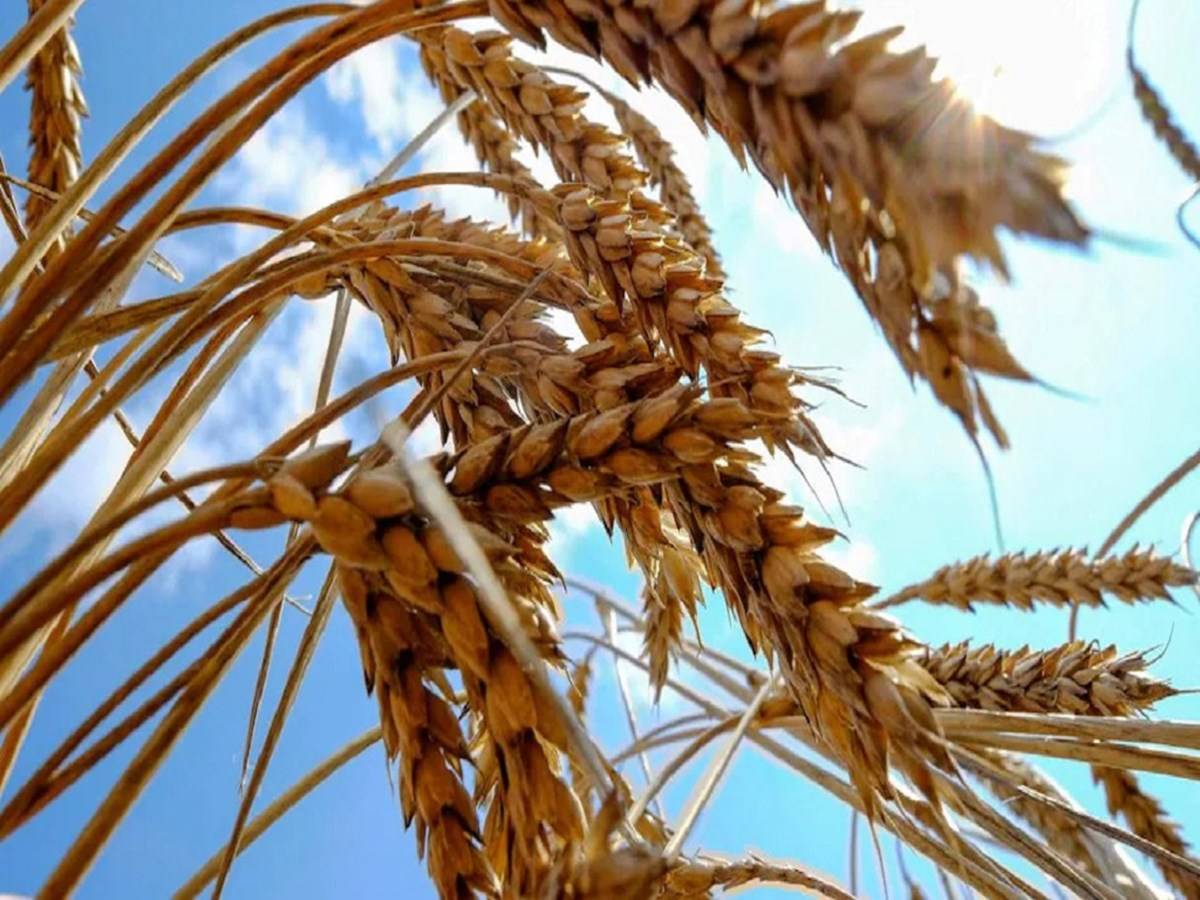
According to government officials, India may allow wheat export to meet Indonesia's food grain demand through an arrangement in which the Southeast Asian nation supplies palm oil without interruption at a competitive rate to address India's concerns about a shortage of edible oil, one of the key factors driving inflation.
Although India banned wheat exports last month to ensure adequate domestic availability, even as global wheat prices skyrocketed due to supply concerns, the two added that the country has kept the option of exports open through government-to-government (G2G) deals.
On May 13, India banned wheat exports "with immediate effect." The ban on palm oil exports imposed by Indonesia on April 28 lasted three weeks. Palm oil, which is less expensive than other edible oils, is a popular cooking medium in India. In 2020-21, India imported 133.5 lakh tonnes of edible oil, with palm oil accounting for approximately 56 percent of the total.
While resuming exports on May 23 amid domestic protests, Jakarta has now put in place several safeguards, they said, and there is no guarantee that the ban will not be reinstated.
According to the Directorate General of Foreign Trade's (DGFT) notification on May 13, Indonesia is interested in importing Indian wheat, which is only possible through a G2G deal, one of the two people said.
The ban on palm oil exports imposed by Jakarta (which accounts for roughly one-third of all vegetable oil exports) had a significant impact on Bangladesh, Pakistan, and India, resulting in significant price increases for edible oil, according to the second person.
"Even though Indonesia has relaxed restrictions on palm oil exports, a G2G agreement may ensure that there is no sudden disruption in supply of the edible oil to India in the future." Furthermore, it may ensure a competitive rate," this individual explained.
"The government's top priority is to ensure a consistent and adequate supply of essential food items such as edible oil in order to keep inflation under control," the first person stated.
According to the people cited above and experts, India is highly reliant on edible oil imports and must secure a favourable supply contract with Indonesia because the global geopolitical situation is uncertain and the Ukraine war may prolong, pushing up food prices even further.
Retail inflation in India reached a 95-month high of 7.8 percent in April, exceeding the Reserve Bank of India's official upper tolerance level of 6 percent for the fourth consecutive month. The headline figure for May was 7.04 percent.
"The recent measures taken by the Government of India (duty-free imports of 2 million tonnes of crude soyabean and sunflower oil for two years) and Indonesia's decision to lift the ban on palm oil exports are expected to cool prices in the short term." Nonetheless, persistent geopolitical developments and India's high reliance on imports may prevent a significant correction in edible oil prices," according to an ICRA report on retail inflation outlook released on Friday.









